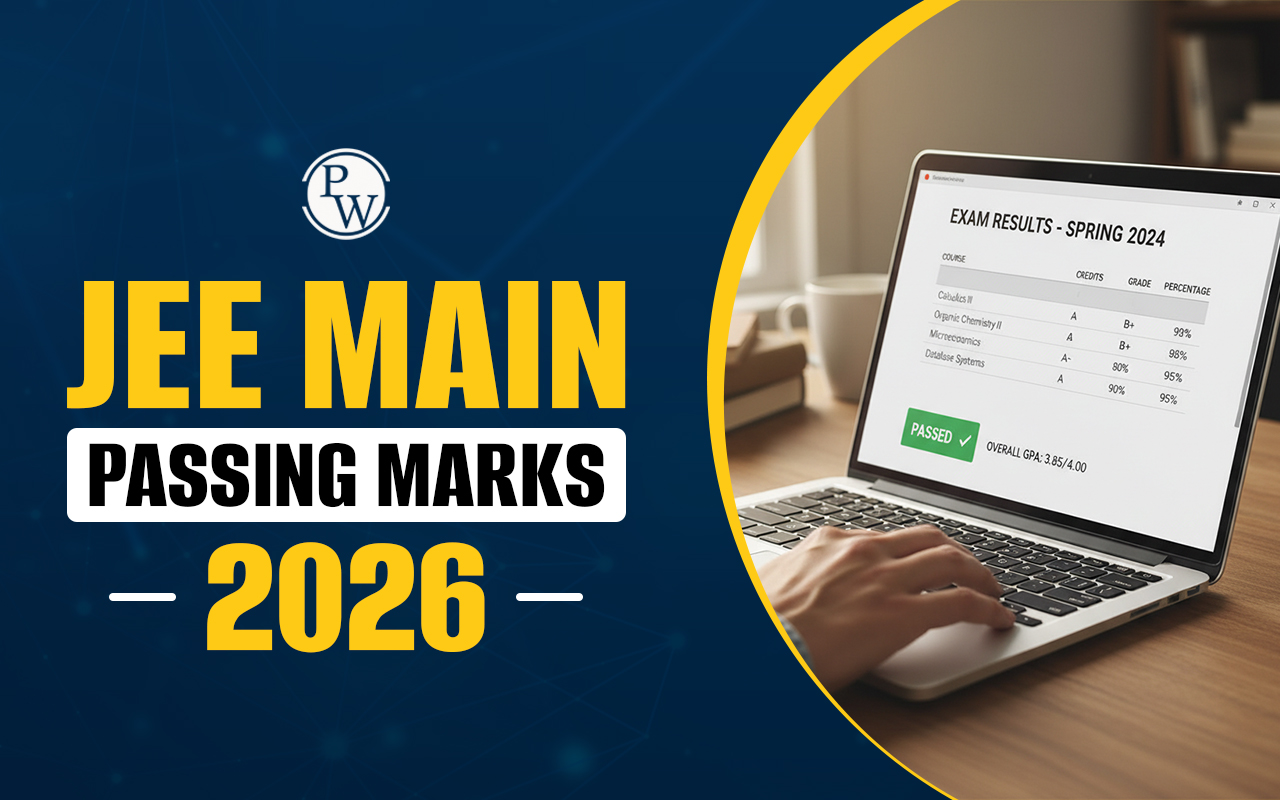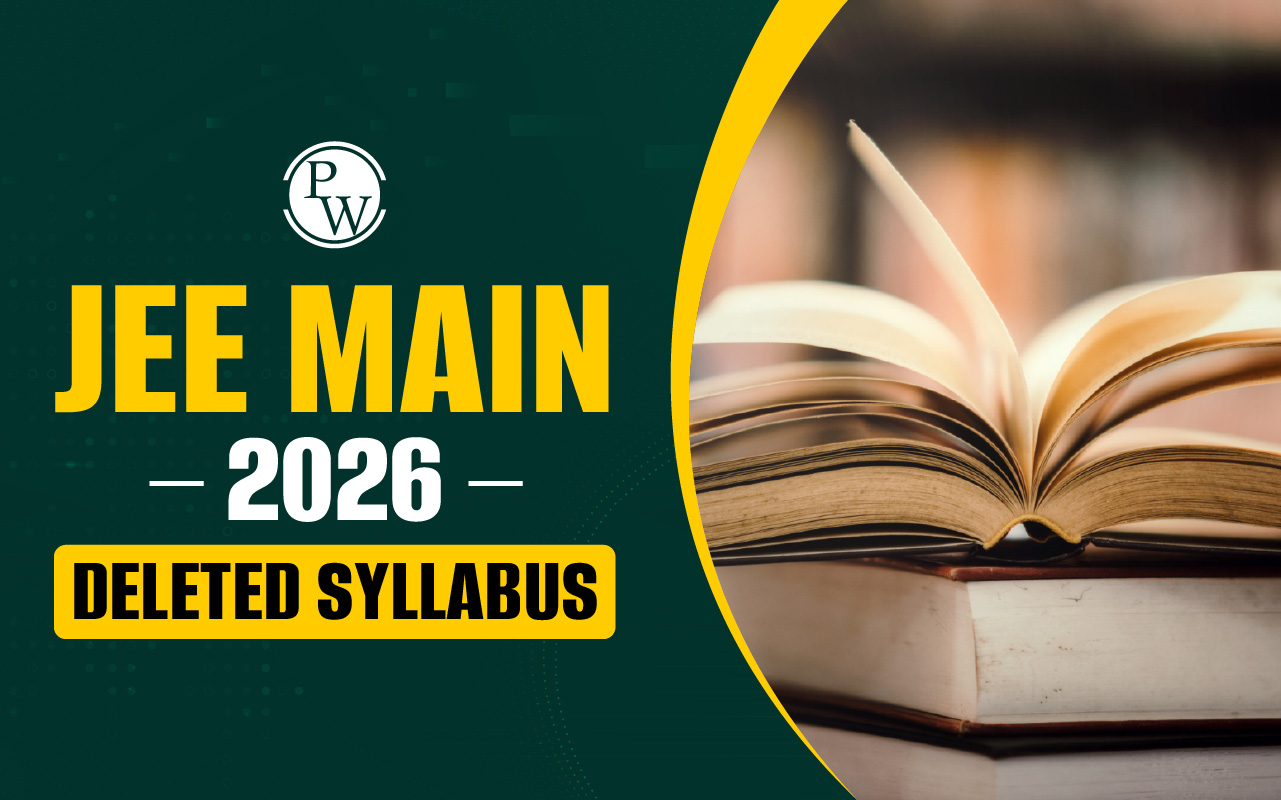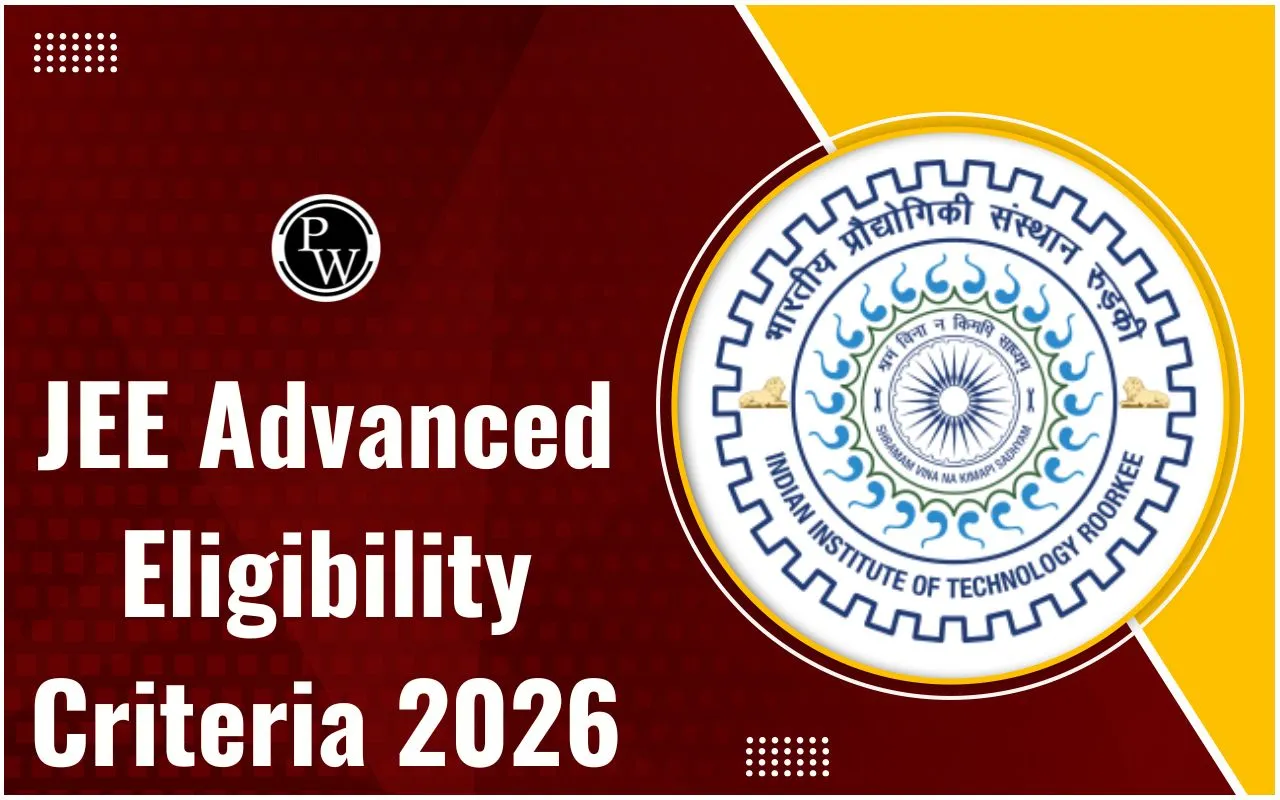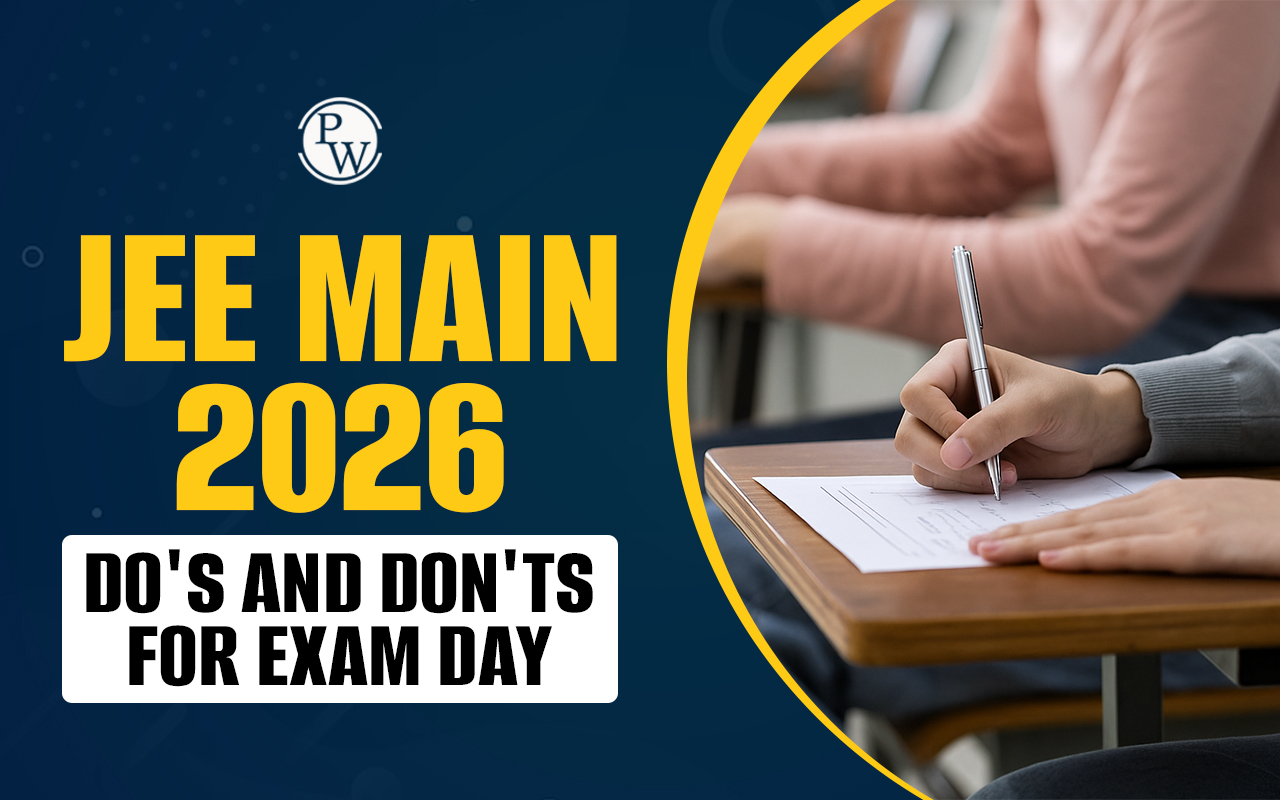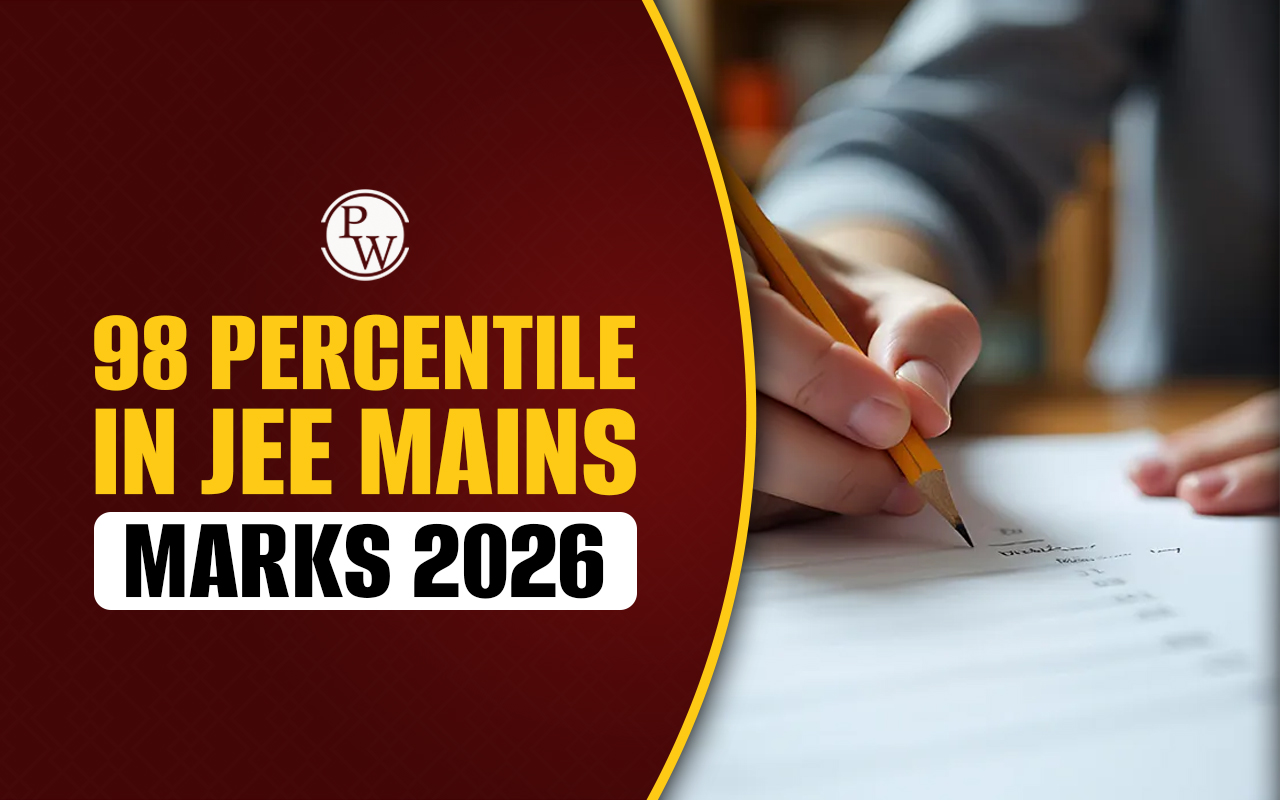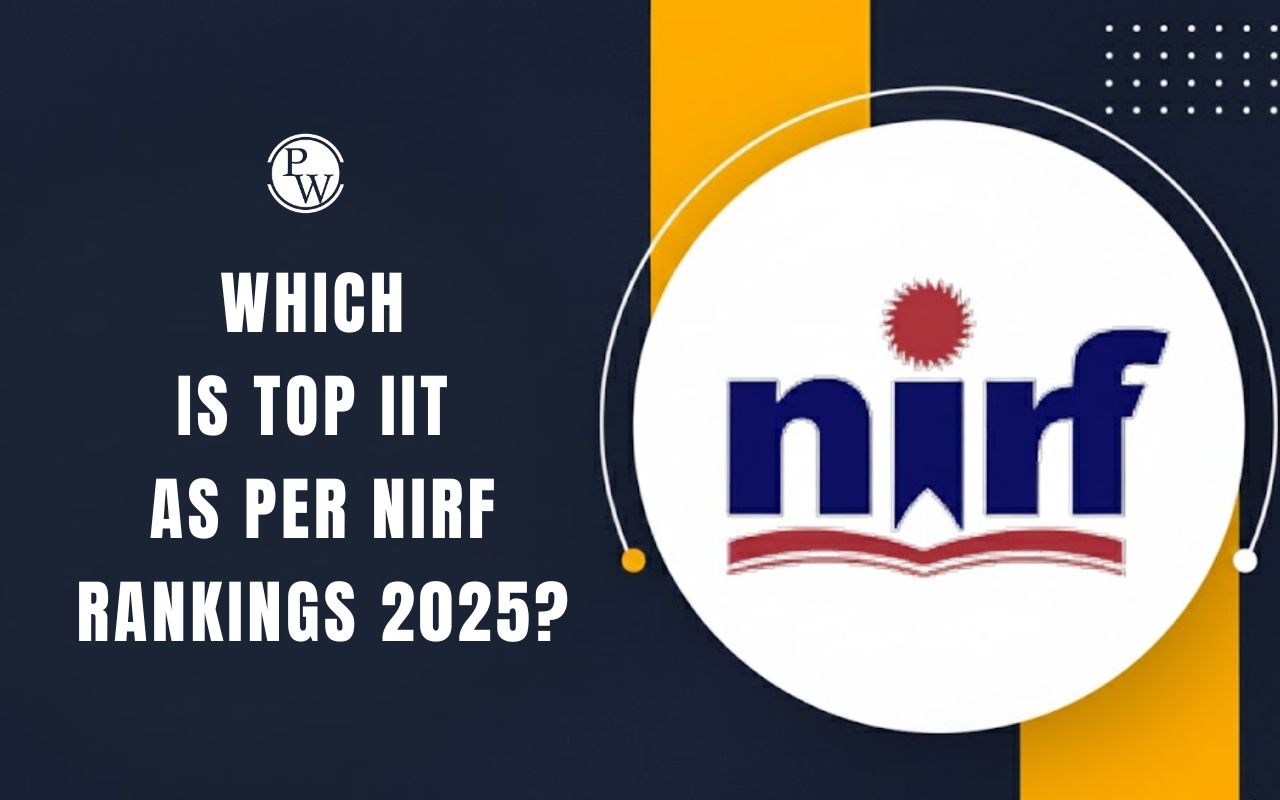
Hydrogen Bond : Now, the hydrogen atom, which is partially positively charged, when it comes under the contact with another electronegative atom like: oxygen (O), nitrogen (N), and fluorine (F). This resulting electrostatic attraction between the partial positively charged hydrogen and electronegative atom leads to Electrostatic attraction, and this attraction is referred as hydrogen bond.
-
The hydrogen bond is represented by the dotted line.
- Hydrogen bonds do not typically form in ionic compounds.
- Hydrogen bonds are characteristic of polar covalent compounds, not non-polar compounds.
- Although Hydrogen Bond is a relatively weak bond, but it is stronger than van der Waals forces.
- Hydrogen bonding is also referred to as dipole-dipole attraction.
- The strength of the Hydrogen bond is determined by the coulombic interaction between the lone pair of the E.N. atom & Hydrogen atom .
Important Factors Affecting Strength of Hydrogen-Bonding
Types of Hydrogen Bonding:
Intermolecular Hydrogen-Bond
Hydrogen-bond formation between two or more molecules of either the same or different compounds is known as Intermolecular Hydrogen -bonding.Intermolecular hydrogen bonding has two types :
1. Homo Intermolecular H-Bond: When H-bond is formed between the molecules of the same compound.
2. Hetero Intermolecular H-Bond:
When the H-Bond is formed between the molecules of different compounds . E.g. Between alcohol and water
Intramolecular Hydrogen Bond
Intramolecular Hydrogen Bond : Intramolecular Hydrogen Bond takes place within the same molecule.
-
Intra-molecular hydrogen bonding occurs when a hydrogen atom, bonded with an electronegative element of a functional group, forms a hydrogen bond with another electronegative element located in the nearest position on the same molecule.
-
This form of hydrogen bonding is predominantly observed in organic compounds, particularly aromatic ones.
-
Intra-molecular hydrogen bonding can lead to ring formation (chelation) and has the effect of increasing vapour pressure.
Conditions for the Formation of Intramolecular Hydrogen Bond:
-
The ring formed as a result of H bonding should be planar.
-
5 or 6-membered ring should be formed.
-
The minimum strain should be there during ring closure.
Example: -
Important Points to Remember
- Chlorine (Cl) typically does not form hydrogen bonds due to its low charge density. Except Chloral Hydrate (CCl 3 CH(OH) 2 )
- The extent of H–bonding depends on the physical state of the compound.
Gaseous State < Liquid State < Solid State
- Effect of H-Bonding on Physical Properties:
- Solubility
- Viscosity
- Boiling Point
- Physical State
- Acidic and Basic Strength
Hydrogen Bond FAQs
Q.1. Can hydrogen bonds form in ionic compounds?
Q.2. Why does Ice Floats over Water?
Q.3 Where does intra-molecular hydrogen bonding take place?
Q.4 Why doesn't chlorine (Cl) form hydrogen bonds?

